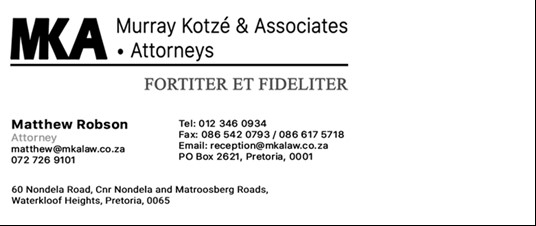Petroleum Licence – New Application – Renewal – Specialists
Understanding Petroleum Licencing in South Africa
Petroleum Licencing in South Africa is regulated by the Petroleum Products Act 120 of 1977 as amended, which governs the issuance and regulation of the various licenses necessary for different aspects of petroleum activities. This statement gives a brief overview of the different types of licences available, focusing on retail, site, and wholesale licenses, and outlines the application process for each.
Types of Petroleum Licenses
Retail Licence: This licence is necessary for persons intending to sell petroleum products directly to consumers through service stations. It regulates the distribution and sale of petroleum products at a retail level and has to be sought in conjunction with a site licence – they go hand in hand. These licences are also site specific – meaning that it is not transferable to another property (the licence will stipulate on it where one can retail from). Therefore, one cannot have a retail licence without a corresponding site licence, but different persons or entities can hold each licence.
Site Licence: A site licence permits the establishment and operation of a petrol station on a certain piece of ground. The site licence holder will have to be the owner of the land or someone with beneficial rights to be there, for instance a holder of a “permission to occupy” if the land is tribal land.
Wholesale License: A wholesale license is required for entities involved in the bulk trading and distribution of petroleum products to retail outlets or other bulk purchasers. It regulates the wholesale market and ensures that trading activities meet legal and operational requirements. Bulk sales would be 1500 liters or more per transaction.
Manufacturing Licence: The last licence one can apply for is for the Manufacturing of Petroleum Products, which is what the major oil companies would hold. Which as the name suggests allows them to manufacture.
Application Process
Preparation
Before applying for any petroleum licence, applicants must conduct comprehensive geological and geophysical studies to assess the potential for petroleum resources in the proposed area. These studies provide critical data to support the application and demonstrate the commercial viability of the project and the “need and desirability”. Environmental approvals will also need to be sought.
Submission
The application process involves submitting detailed documentation to the Department of Mineral Resources and Energy (DMRE). This includes technical reports, financial capabilities, environmental impact assessments, and proposed social and labour plans. Each type of licence has specific requirements tailored to its scope and operational activities.
Evaluation and Approval
Upon receipt of the application, the DMRE conducts a thorough evaluation to ensure compliance with legal and technical standards. This evaluation may include consultations with relevant stakeholders, such as local communities and environmental organizations, to assess potential impacts and ensure transparency in the licensing process. It will also involve establishing the impact on the current and existing retailers and the effect it will have on them.
Granting of Licences
If the application meets all criteria and is approved, the DMRE grants the respective licence to the successful applicant. The licence specifies the rights and obligations of the licensee regarding exploration, production, retail, site operations, or wholesale activities, depending on the type of license granted.
Challenges and Considerations
Navigating the application process of obtaining a specific licence in South Africa can be complex due to regulatory requirements, environmental considerations, and community engagement obligations. Companies and individuals involved in the petroleum sector must adhere to stringent standards to ensure sustainable development and regulatory compliance throughout the lifecycle of their operations. A potential applicant must also be mindful that the application process can be expensive and a protracted process.
Conclusion
Securing any form of petroleum licences in South Africa involves a structured process governed by the DMRE, with specific licenses tailored to different stages and aspects of petroleum activities. By understanding the types of licenses available and the application process for each, stakeholders can navigate regulatory requirements effectively and contribute to the responsible development of the country’s petroleum resources.
Petroleum Licencing
New to Industry Site and Retail Licence Applications “NTI”;
Change of Hands Applications;
Wholesale Licence Applications;
Import Licences;
Manufacturing Licences;
Amendment Applications;
Litigation and alternate remedies
Objections to existing or new licences;
Internal Appeals;
Judicial Reviews;
Arbitrations in terms of 12B of the Petroleum Products Act;
PAIA Applications (Access to Information);
Litigation and Court related issues
Drop a Message at Cyrus Brokers
[contact-form-7 id=”18173″ title=”Petroleum Licence Form”]








